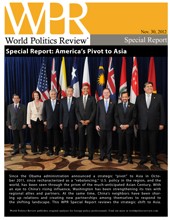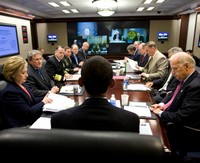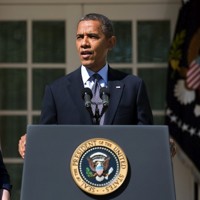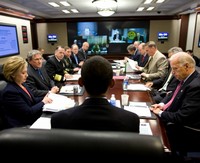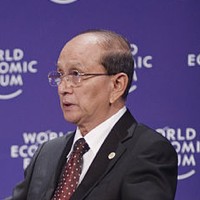
BAMAKO, Mali — Al-Qaida-linked Islamist groups took control of northern Mali earlier this year, prompting concerns that the vast desert expanse could become a jihadist safe haven. Since then, U.S. policymakers have openly entertained the possibility of kinetic operations, such as drone strikes in northern Mali, and pundits are asking if the landlocked West African nation now constitutes a new front in the war on terror. Largely overlooked in this discussion, however, is the fact that United States has been heavily engaged in counterterrorism activities in this part of Africa for more than a decade — an engagement that has […]


